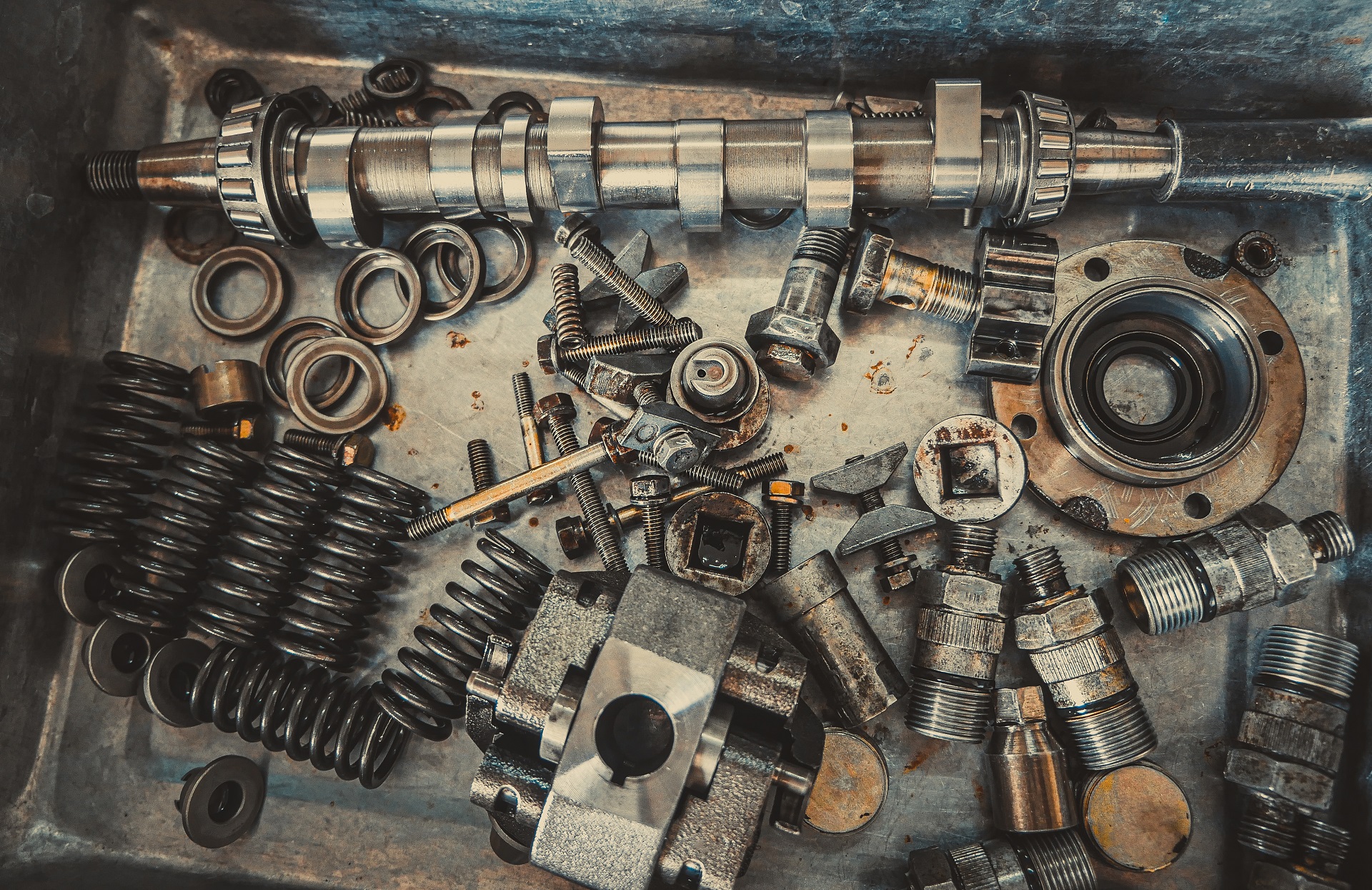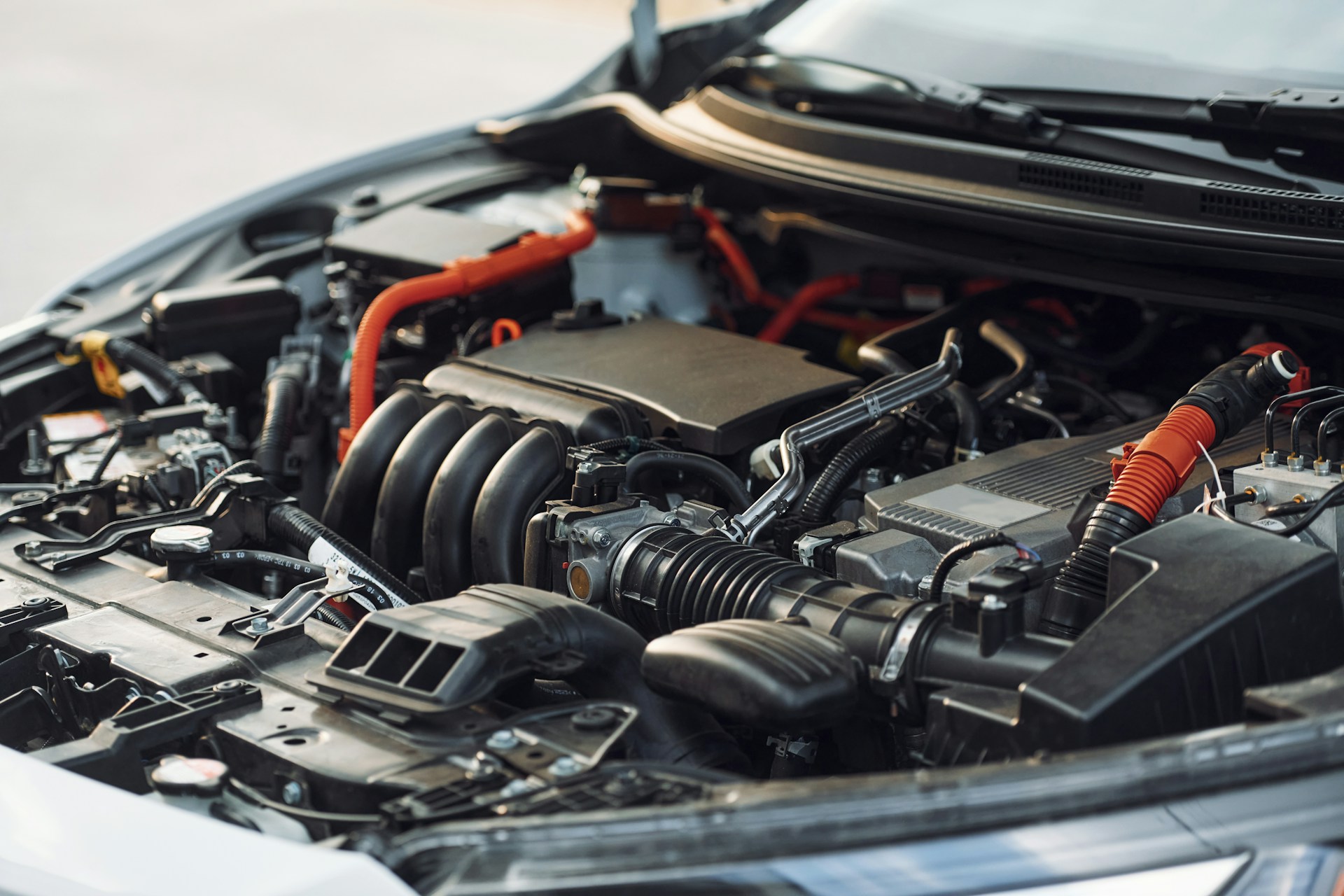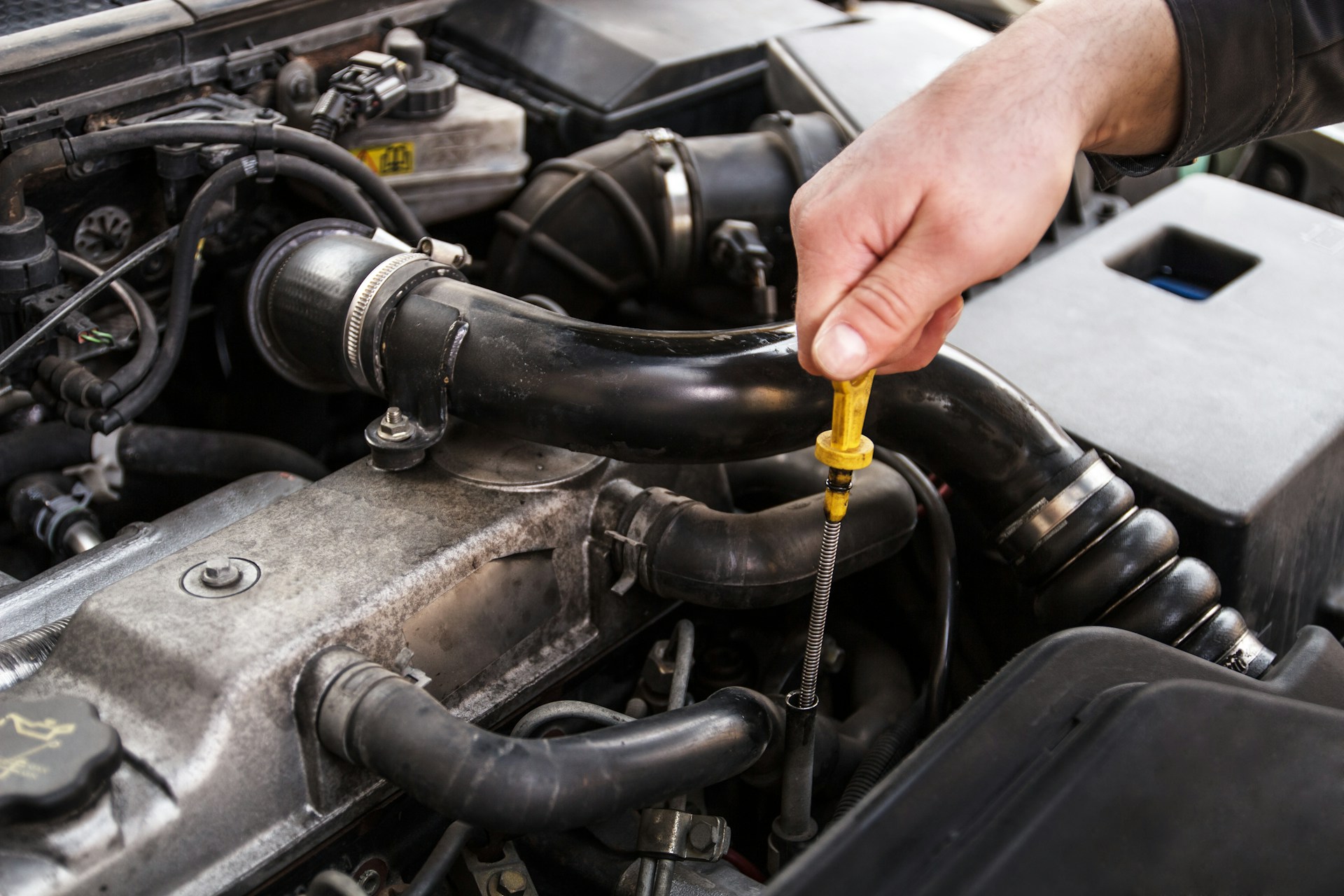
Buying a used engine may save money, but skipping the inspection can lead to unforeseen headaches. Engines are complex, and without a proper look-over, you might face surprise repairs that could have been avoided. Carefully checking used engines before purchase can reveal hidden issues and ensure you’re making a solid investment.
An inspection gives you confidence that the engine you’re buying will meet your needs. Knowing what to look for and having the right tools can make the process straightforward and effective. So, roll up your sleeves and dive into a thorough inspection to make sure you’re buying a reliable used engine.
Buying a used engine without a thorough inspection is a leap of faith that could cost you big time. Hidden issues may lurk underneath that shiny exterior. Problems such as worn-out parts, leaks, or hidden damage might not be immediately visible. If left unchecked, these issues could lead to significant repair costs. Within weeks or months, you could be stuck with an engine that stops working, leaving you frustrated and out of pocket.
A detailed inspection can be your first defense against these risks. By inspecting, you ensure that the engine is worth investing in. Finding problems before purchasing allows you to make informed decisions and negotiate better terms with the seller. This proactive step helps you steer clear of costly repairs or unexpected hiccups in engine performance.
A good inspection confirms that the engine parts meet the manufacturer’s standards. This includes checking the overall engine structure, listening for unusual noises, and ensuring no visible smoke exists when running. Taking the time to conduct a proper inspection offers peace of mind, knowing you’re getting an engine that will last without causing headaches.
When inspecting a used engine, consider several key areas that could hint at the engine’s actual condition. Start with the exterior condition. Look for any visible damage, rust, or leaks. These could point to internal issues or neglect from the previous owner. Check fluid levels and colors; low or dirty fluids might suggest a lack of maintenance.
Next, consider checking the following critical areas:
– Belts and Hoses: Look for cracks or wear, as these are signs of age and could fail soon.
– Engine Mounts: Ensure they aren’t loose or damaged, which could cause vibrations or misalignment.
– Battery and Cables: Confirm they are clean with minimal corrosion, which is vital for the engine’s electrical health.
– Cooling System: Inspect for leaks or blockages, as overheating can lead to severe damage.
Engine mounts and hoses deserve special attention because they hold the engine in place. Worn or damaged mounts can lead to severe vibration and alignment problems, while cracked hoses often mean replacement is necessary to avoid leaks or overheating. Identifying potential red flags during your inspection bolsters your confidence in the engine’s quality and performance.
Having the right tools makes inspecting a used engine much easier. A basic toolkit for engine inspection includes a flashlight for spotting hard-to-see areas, a mirror on an extendable rod for tight spaces, and a multimeter to check the electrical components’ voltage. Carrying a fluid checker for oil and coolant helps assess the condition of these crucial fluids. An infrared thermometer can be a good investment to determine if temperature levels are consistent across engine parts.
When inspecting, pay close attention to any noises when the engine is running. Listen for knocking or unusual sounds, which can indicate deeper issues. Feel surfaces for roughness or pitting, especially on the engine block and cylinder heads, as these can signify wear and tear. Check for rust or other signs of corrosion on bolts and threads, as these suggest water exposure.
Another helpful tip is to compare similar engine models online to note common problem areas reported by other users. This knowledge arms you with information on what to look out for specifically. By effectively using the right tools and remaining vigilant to signs of wear, you minimize the risk of unforeseen issues with your used engine.
Bringing a professional mechanic into the inspection process offers valuable advantages. While self-inspection checks for visible issues, a professional brings expertise and tools to spot less obvious problems. This expert’s diagnostic equipment can reveal subtle faults in the engine’s system that might not be apparent. Mechanics have a trained eye to assess whether certain wear is typical for the engine’s age or hints at potential future failures.
Relying on a professional also saves you time. Letting them handle the inspection allows you to focus on other aspects of the buying process. Moreover, a professional opinion often includes detailed documentation that clearly records the engine’s status. This can be beneficial if you need to negotiate the price or return to the seller.
Ultimately, the peace of mind from a professional inspection is priceless. It ensures you won’t face unexpected breakdowns or repairs soon. With expert guidance, you can be confident that you’re making the right choice and that your investment in a used engine is sound.
Inspecting a used engine thoroughly is vital to ensure you get a piece that won’t let you down. While it’s tempting to rush the process, taking time to inspect can prevent future headaches and save money. Whether relying on your skills or bringing in a professional, ensuring the engine is in good shape is key.
Focusing on key inspection points and using the right tools can make a big difference. Checking everything from fluid levels to engine mounts and belts will offer insights into an engine’s health. When in doubt, a professional inspection can provide the expertise and peace of mind you need.
At Airline Auto Parts, we understand how crucial it is to find reliable used engines. Our commitment to quality ensures you can trust our parts. Whether you’re looking for an upgrade or a replacement, our wide inventory of used parts in Houston, Texas is backed by industry-leading warranties and designed to deliver performance you can count on. So, explore what we offer and confidently find the engine that suits your needs.

June 29, 2025 Emergency Tips for Dealing with a Broken...

Maximizing the Value of Salvage Car Part...
June 22, 2025 Simple Steps to Keep Your Car Parts in G...

Signs of a Failing Diesel Transmission t...
June 15, 2025 Why Your Diesel Engine Won’t Start...
Choosing the Right Spare Parts for Your ...

June 8, 2025 How to Handle a Sudden Engine Failure in...

Frequently Asked Questions About Auto Pa...

June 1, 2025 Top Benefits of Using Recycled Car Parts

Troubleshooting Common Transmission Issu...